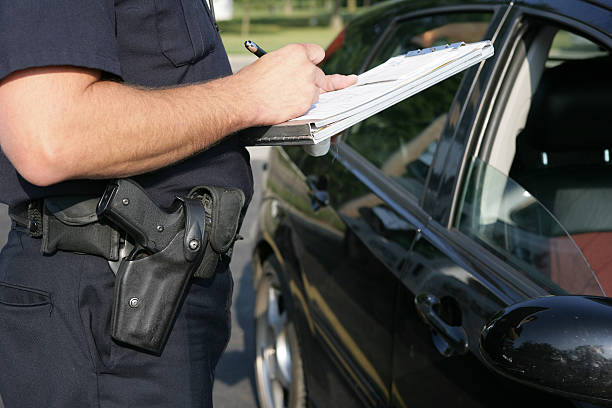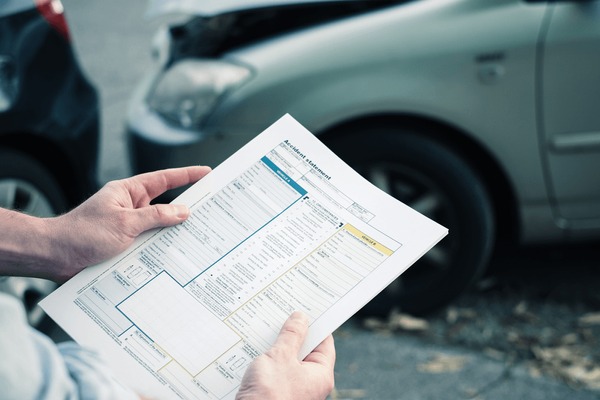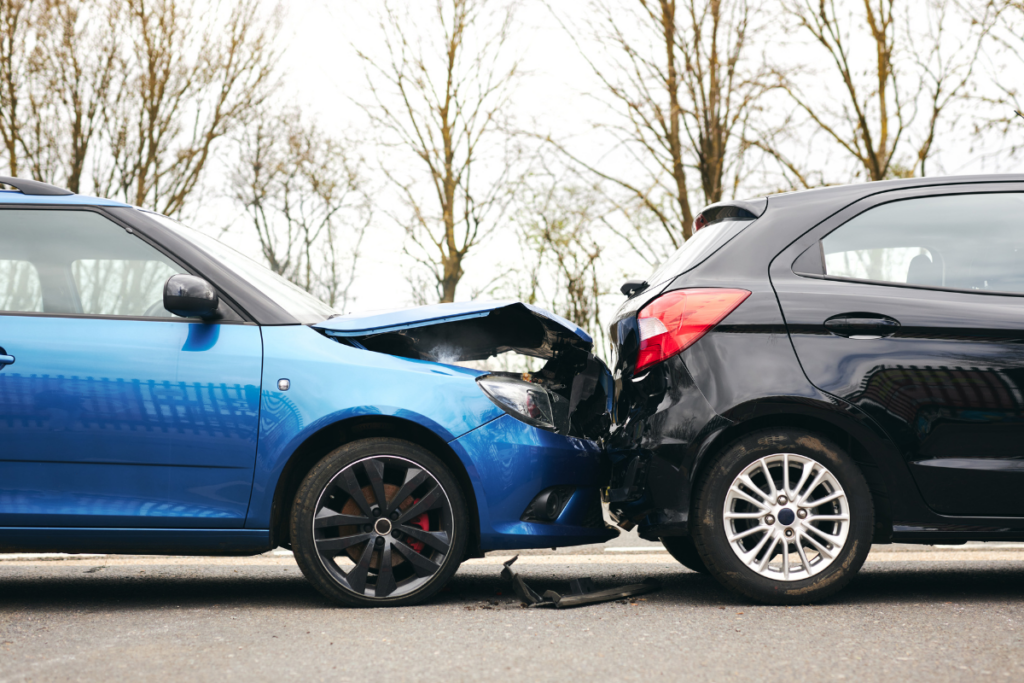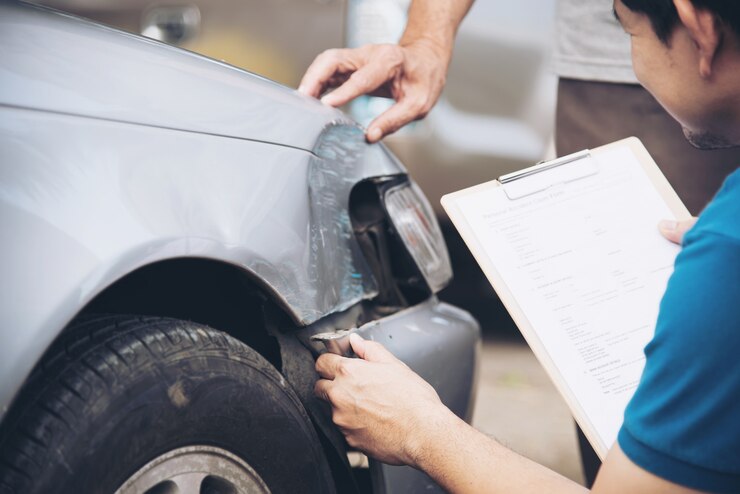Getting into a car crash can be overwhelming. Whether it’s just a minor bump or a serious collision, your mind races — are you hurt? Is the car badly damaged? What should you do next? Among the confusion, many victims simply forget or decide not to call the police immediately. But this simple delay can lead to big problems. Waiting too long to report a crash may put you at risk of legal trouble, damage your prospects with insurers, and even lead to accusations of guilt when you’re innocent.
Here are the legal implications of reporting a car crash late.
1. Legal Obligations To Report A Car Crash
Each state has its own rules about when you must report a car accident to the police. In many places, you’re supposed to call them anytime someone gets injured or killed, or if there’s severe damage to the vehicles or property. Even if the crash appears minor, it is best to report it, especially if it occurred on a public road. That said, you are usually expected to file the crash immediately or as soon as possible. Waiting too long could appear as if you’re trying to hide something. Police are likely to question if you were intoxicated, didn’t have insurance, or were engaged in something else wrong.
In situations where time has passed, you might start to wonder, Is it too late to file a police report for an accident? The response varies depending on local laws and the time that has passed.
2. Consequences Of Delayed Reporting On Insurance Claims
If you file a claim with your car insurance provider, they will likely request a police report. This enables them to understand what happened and who was responsible. Thus, if you did not report the accident immediately, the insurance company may be suspicious of the claim. They might believe you fabricated the story or that the damage did not occur during the accident.
Many insurance policies also require you to report accidents promptly. Your claim may be rejected if you delay too long. That would, of course, require you to cover the repairs or medical bills yourself.
3. Criminal Penalties For Failure To Report
Failing to report a crash in certain situations can result in criminal charges. If someone got seriously injured or died and you didn’t call the police, you could be charged with a crime — even if the accident wasn’t your fault. The longer you hesitate, the worse it looks. The law could treat you as though you had tried to flee the scene or avoid responsibility.
And even if you eventually file the claim, a delay can still harm you. Prosecutors might assume you were up to something if you push not to have a license, just like driving under the influence or driving without a license.
4. Effect on Future Legal Disputes or Lawsuits
Waiting to report to the police may also harm your chances of success in any subsequent legal action involving the crash. If you choose to sue or are sued by the other driver, the lack of a formal police report may make it more challenging to establish the facts. Judges and juries typically view police records as a neutral, third-party description of what happened.
Without a timely report, the other party could be telling a different story, and it could boil down to your word against theirs.
Take Away
It’s common to panic or freeze after a car accident. However, one of the most helpful things you can do is call the police immediately. Holding back on making that call can cause unnecessary complications in your life and possibly derail your insurance claim, result in a fine, or even land you in jail.
Even if the crash seems small, play it safe. A prompt call to the police may protect you from legal liability and ensure the facts are clear. Reporting the crash promptly is not only the law, but also the smart thing to do.











